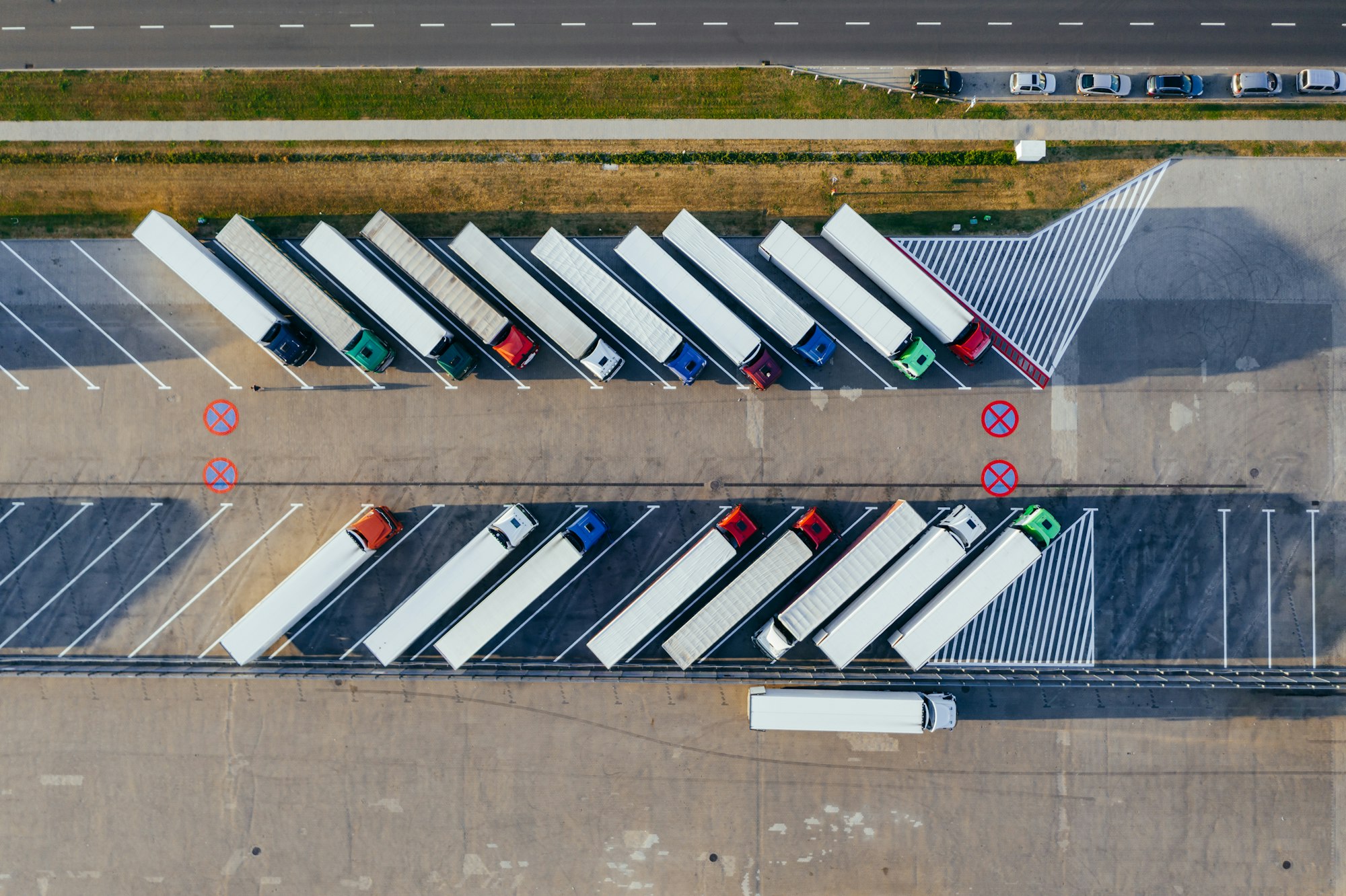What conflict means for supply chains

Recent missile attacks on ships in the Red Sea have caused disruptions to global supply chains. These attacks, carried out by Houthi rebels in Yemen, have led to a halving of container traffic through the Red Sea, forcing some freight to re-route and increasing journey times. Container freight rates have doubled since January, raising concerns about inflation. However, the impact on the global economy remains limited for now. The attacks highlight the need for more resilient and diversified supply chains, as current supply chains are vulnerable and costly.
Source: Link
Frequently Asked Questions: What Conflict Means for Supply Chains - Reaction
Q1: How does conflict impact global supply chains?
A1: Conflict can create significant disruptions in global supply chains. It can lead to the closure of production facilities, shipping delays, and increased costs for transportation and materials due to heightened security risks. Additionally, trade routes may be altered or blocked, leading to shortages and increased lead times for goods.
Q2: What are some strategies businesses use to mitigate the risks of conflict in supply chains?
A2: Companies can mitigate risks by diversifying their supplier base, developing contingency plans, stockpiling critical materials, and investing in supply chain monitoring and risk assessment tools. They may also establish partnerships with local entities to navigate disruptions more effectively.
Q3: How do companies ensure responsible sourcing from conflict-affected areas?
A3: To ensure responsible sourcing, companies often adhere to international guidelines like the OECD Due Diligence Guidance for Responsible Supply Chains of Minerals from Conflict-Affected and High-Risk Areas. They may also use tools like the RMI Conflict Minerals Reporting Template to collect and analyze sourcing information along the supply chain.
Q4: Does the presence of conflict influence the cost of goods in the global market?
A4: Yes, conflicts can lead to increased costs of goods in the global market. They often result in higher manufacturing and transportation expenses, supply shortages, and increased commodity prices, all of which can contribute to higher prices for the end consumer.
Q5: Can conflicts lead to famine and hunger?
A5: Conflicts can significantly affect food security, leading to heightened risk of famine and hunger, especially in vulnerable regions. They cause disruptions in food production and distribution, displacement of populations, and the destruction of agricultural infrastructure.
Q6: In the event of a conflict, how does a company maintain its supply chain operations?
A6: Companies maintain operations by activating business continuity plans that may include alternative suppliers, rerouting supply chains, or adapting product lines. They work closely with logistics providers to find solutions and may also seek support from government or international organizations to navigate the crisis.
Note: The answers above are not specific to any particular conflict or current event but are rather based on general principles of the impact of conflicts on supply chains. For the most accurate and recent information, please refer to the actual content within the provided search results or consult with a supply chain expert.

